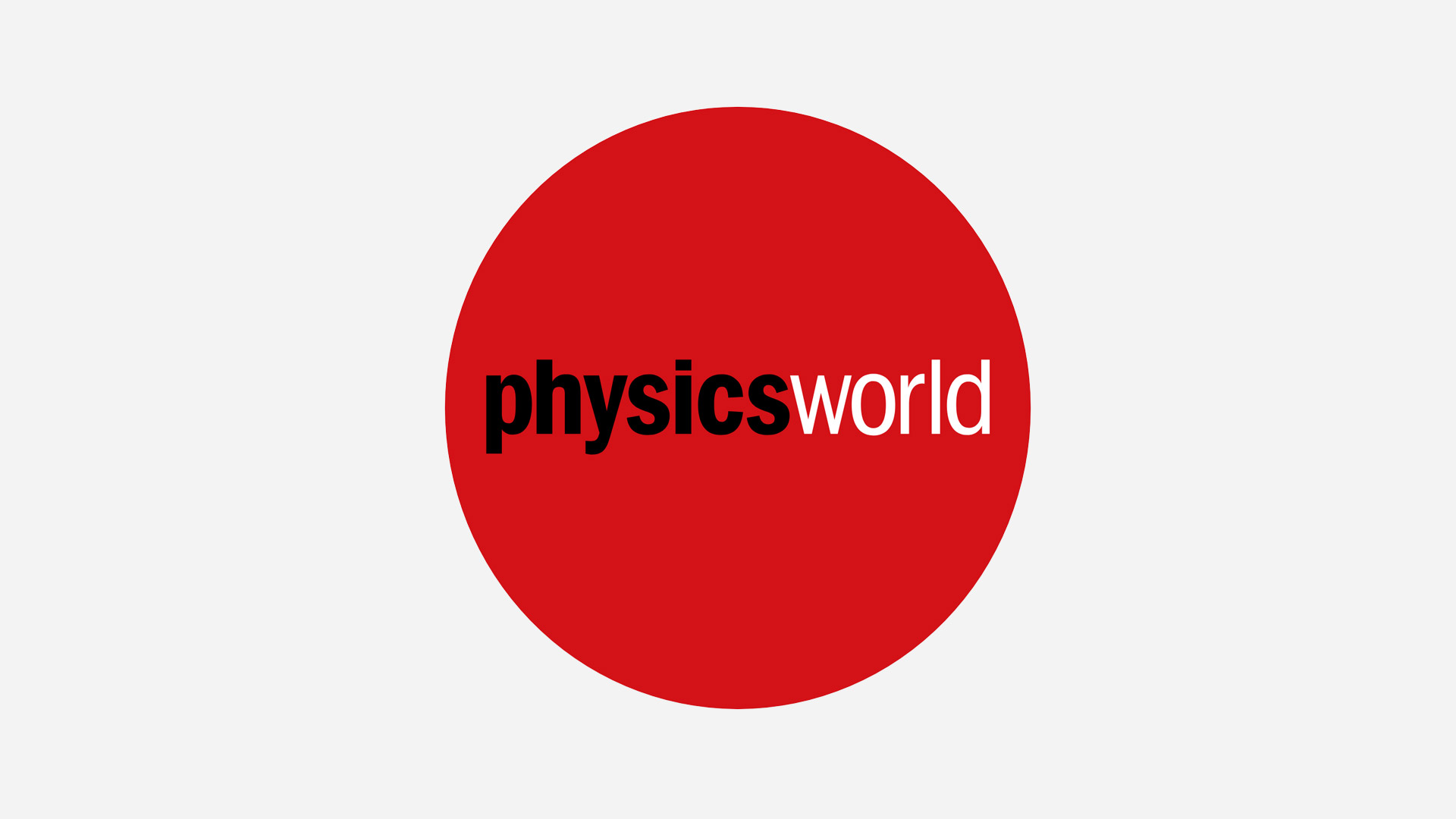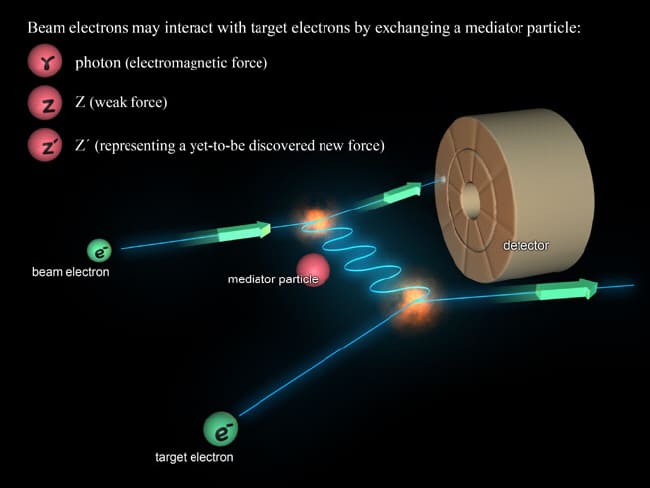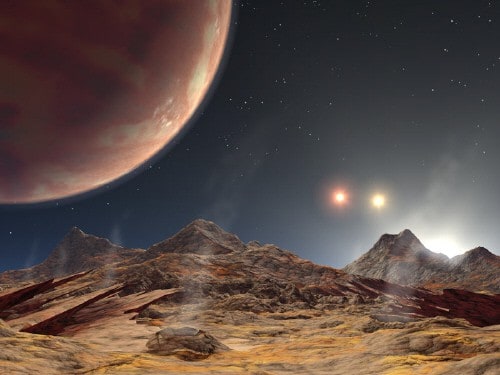Timing electrons
Physicists have measured the time it takes an electron to hop between atoms

Thank you for registering with Physics World
If you'd like to change your details at any time, please visit My account
Isabelle Dumé is a contributing editor to Physics World. She has more than 10 years of experience in science writing and editing in condensed-matter physics relating to technology/nanotechnology/biotechnology, astronomy and astrophysics, energy and the environment, biology and medicine. She has an MSc in advanced materials and a PhD in magnetism. In her spare time, she helps to organize cafés scientifiques.
Physicists have measured the time it takes an electron to hop between atoms

Particle physicists show that the weak interaction varies with distance
 Read article: New light on the weak force
Read article: New light on the weak force
Novel technique involves layers of graphite
 Read article: New look for hydrogen storage
Read article: New look for hydrogen storage
Physicists say they have found supporting evidence for nuclear fusion in a tabletop device
 Read article: Is bubble fusion back?
Read article: Is bubble fusion back?
Astronomers have discovered a new planet in a star system that contains three Suns
 Read article: New exoplanet defies theory
Read article: New exoplanet defies theory
GPS data have confirmed that the earthquake that caused the Indian Ocean tsunami happened very quickly

Particle physicists have observed a rare process
Researchers learn more about the behaviour of E. coli near solid surfaces
 Read article: Swimming around in circles
Read article: Swimming around in circles
Colloid crystals shed new light on the transition from solid to liquid

Magnetic moments come and go in Mercury and other liquid metals
